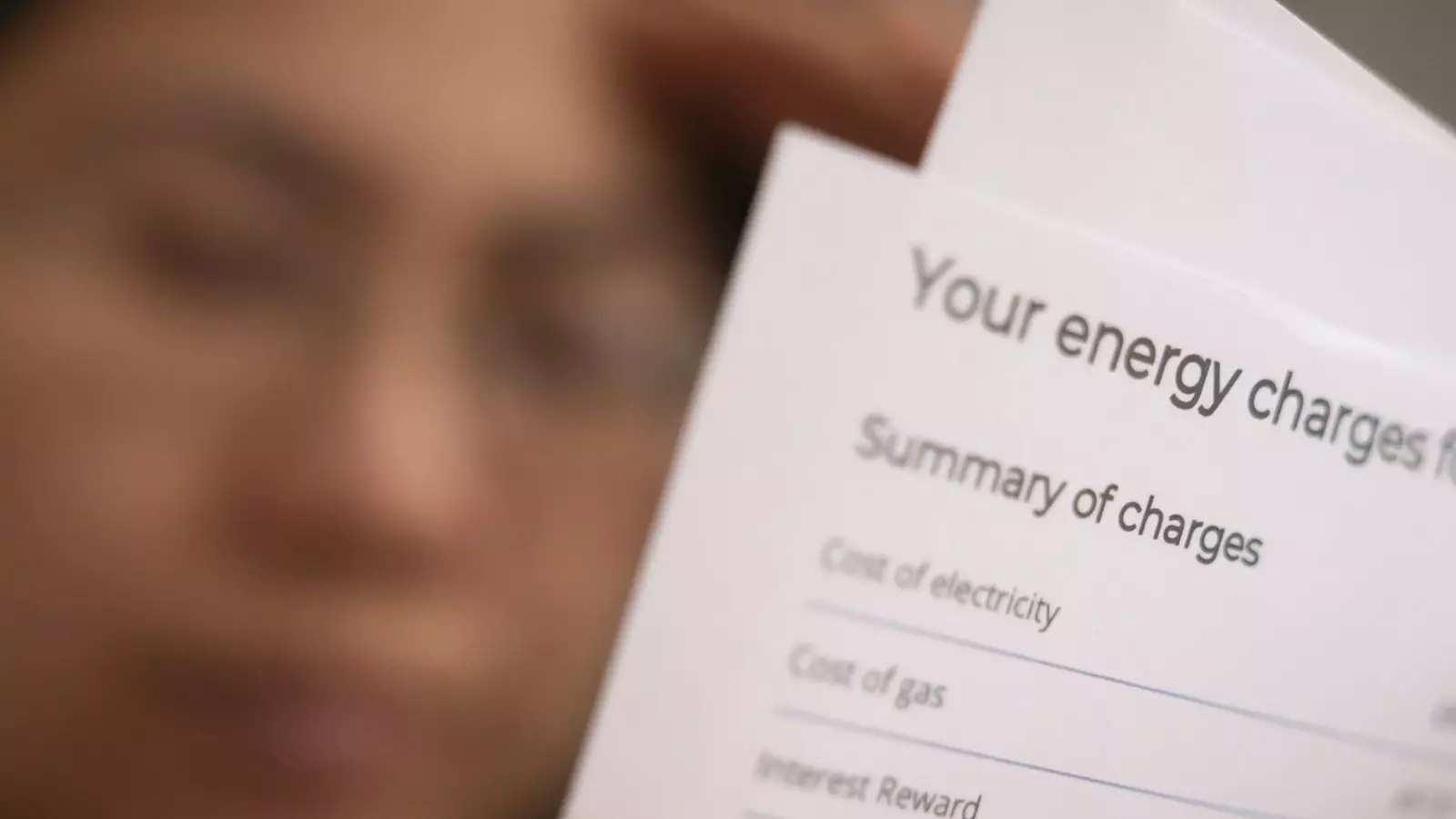The industry regulator has announced a significant £20 per month reduction in the energy price cap, providing some relief to households struggling with high energy bills. This 12% reduction, effective from 1 April, will bring the annual energy bill for a typical household paying by direct debit for gas and electricity down to £1,690 from the previous level of £1,928. The decrease is attributed to lower wholesale prices, particularly a decline in natural gas costs over the peak winter season due to higher stockpiles and a mild winter.
Despite the price cap reduction, households will face an additional “temporary” charge to help suppliers support customers with record levels of debt amounting to £3.1 billion. Ofgem will allow a temporary additional payment of £28 per year (equivalent to £2.33 per month) to ensure suppliers have sufficient funds to support struggling customers. This charge will be added to the bills of customers paying by direct debit or standard credit, partly offset by the termination of an £11 per year allowance covering debt costs related to the COVID-19 pandemic.
In addition to the price cap reduction and temporary charge, Ofgem is taking action to close the gap between the charges prepayment meter customers face compared to other households. While those on prepayment meters will save around £49 per year, direct debit customers will pay £10 per year more. Despite these adjustments, bills are still expected to reach their lowest level since Russia’s invasion of Ukraine in February 2022, which disrupted gas supplies to the continent.
Market experts caution that a return to pre-crisis energy prices is unlikely, given the new supply chain realities following Russia’s actions. The surge in energy prices has raised questions about the effectiveness of the price cap in promoting competition in the market. Ofgem is collaborating with the government to reassess the future of the price cap, which has become a standard feature for the majority of households following the supplier crisis that began in 2021.
Research conducted by professional services firm KPMG suggests that nearly half of households view the price cap as a barrier to fixed-term offers by suppliers, with a third of respondents admitting they no longer shop around for better deals due to the cap. Price comparison websites like uSwitch anticipate that Ofgem’s broader actions to address elements of the price cap bill will enhance the availability of competitive offers in the market. Consumers are advised to actively seek out better tariff choices, especially with the upcoming changes in energy pricing and regulations.

Leave a Reply